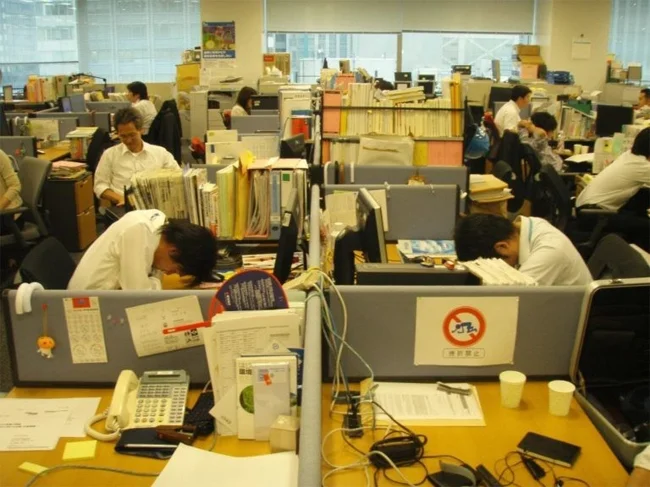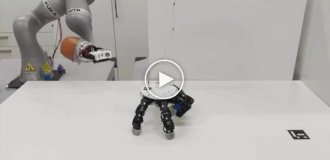Moving to Japan: local IT specialists are allowed to drink at work and take hangover vacations (2 photos)
This is how companies try to lure zoomers to work. 
Japanese employers, desperate to lure representatives of Generation Z to the office, have decided to take extreme measures. In order to attract young people to work in the IT sector, applicants are offered truly fabulous conditions - and we are not talking about above-market salaries.
The Osaka-based technology company Trust Ring Co Ltd, like many other local firms, has taken emergency measures against the backdrop of declining birth rates in the country. Due to the shortage of young employees, corporations are ready to provide applicants with a lot of "goodies" and create a working atmosphere in which zoomers will be as comfortable as possible. 
The CEO of Trust Ring Co Ltd noted in a conversation with local media that the company does not have the ability to pay IT specialists super-high salaries. "Since we do not have that kind of money, we decided to give employees more freedom," he explained.
For example, the company's employees have the opportunity to take a break in the middle of the workday to drink beer right in the office. For this purpose, special machines are installed in the building, where anyone can pour themselves a little beer.
For those who got a little carried away by drinking with colleagues, the company offers “hangover holidays” — that is, the opportunity to take time off to cope with the discomfort of drinking alcohol. However, sleeping through work is not only possible because of a hangover: the office has a very flexible schedule, so employees are allowed to come to their workplace a few hours later than usual. “I can sleep 2-3 hours longer and come to work rested, so I feel that my efficiency has really increased,” said one of the company’s employees.
The management of Trust Ring Co Ltd does not see anything bad in such concessions for employees. On the contrary, it notes that in recent years, staff turnover in the company has sharply decreased, and labor productivity has increased.

























